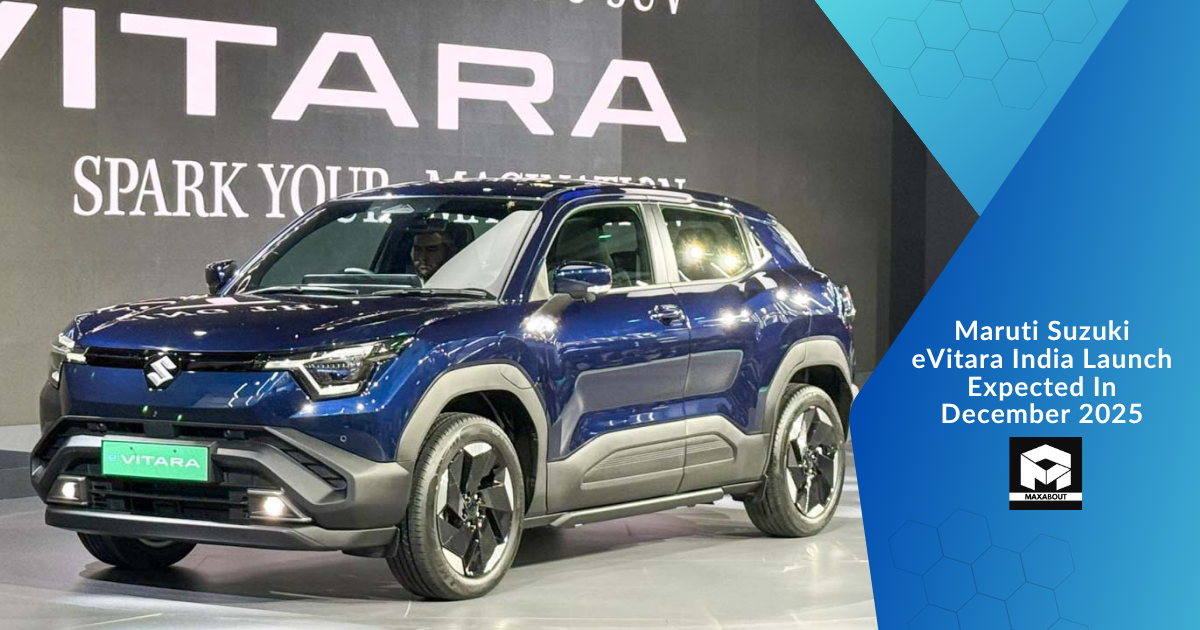Introduction
The electric vehicle revolution is picking up speed in India, and Maruti Suzuki, the country's largest carmaker, isn't planning to be left behind. After playing the waiting game while competitors like Tata and MG established themselves in the EV space, Maruti Suzuki is reportedly set to launch its first all-electric SUV, the eVitara, by December 2025.
From what industry reports suggest, the eVitara will be based on a dedicated EV platform and could offer a range of approximately 500 kilometers on a single charge. This would position it as a strong competitor in the rapidly evolving Indian electric vehicle market.
Having followed Maruti's strategy for years, I can say this move represents a significant pivot for a company that has traditionally focused on affordable internal combustion engines and hybrid technology. Let's dive into what we currently know about this upcoming electric SUV based on industry reports and official company statements.
eVitara: Platform and Development
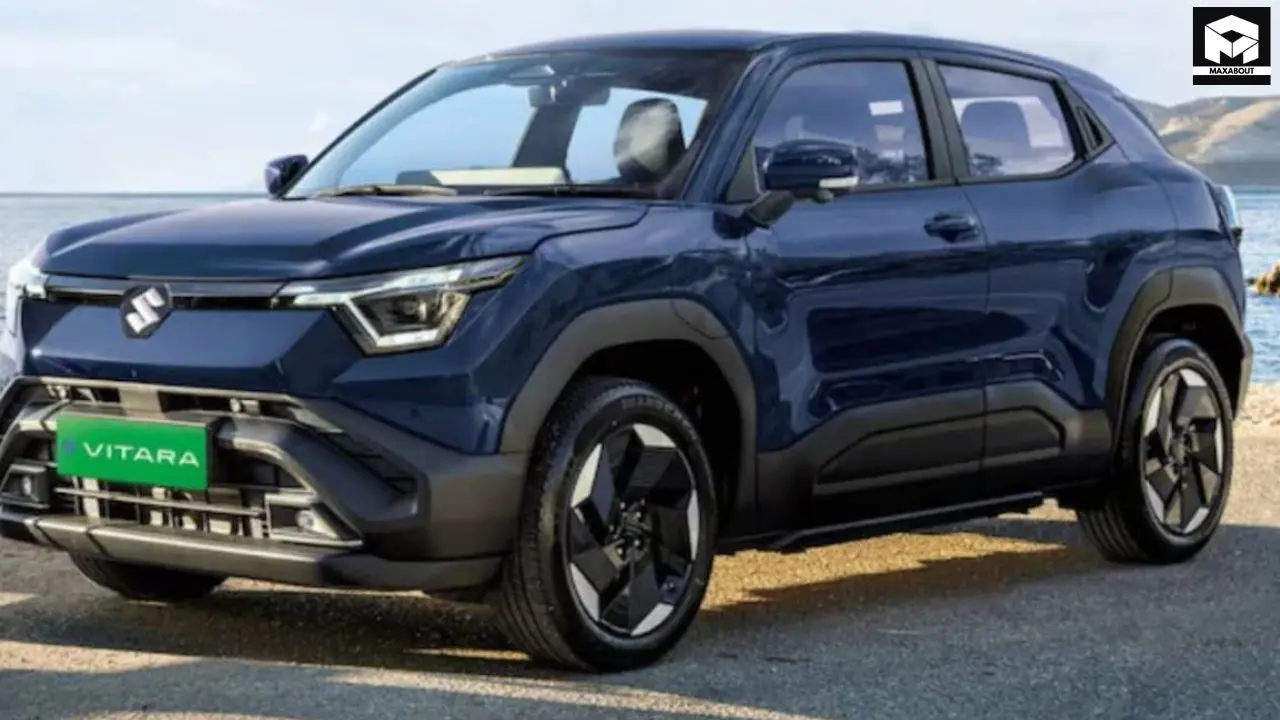
According to reports from the automotive industry, the eVitara is being developed as part of Suzuki's global EV strategy. Unlike some manufacturers who convert existing ICE models to electric, the eVitara is expected to be built on a dedicated EV platform.
Maruti Suzuki and Toyota have publicly announced their partnership to develop electric vehicles, and the eVitara is likely a product of this collaboration. The companies have reportedly been working together on battery technology and electric platforms that would serve both brands with different exterior designs.
Global Testing Phase
Reports indicate that prototype versions of the eVitara are currently undergoing testing in various global markets. This extensive testing is crucial as Maruti Suzuki aims to deliver a product that meets their reputation for reliability while entering the relatively new territory of battery electric vehicles.
The dedicated EV architecture should allow for better space utilization, improved battery packaging, and optimized weight distribution—advantages that converted ICE platforms often struggle to deliver.
Expected Specifications and Features
While Maruti Suzuki hasn't officially released the specifications, industry sources and automotive journalists have pieced together what we might expect from the eVitara:
Battery and Range
- Battery capacity: Expected to be around 60-70 kWh
- Range: Approximately 500 km on a single charge
- Fast charging capability: Likely to support up to 100 kW DC fast charging
- Charging time: From 10-80% in approximately 30-40 minutes with fast charging
Performance Specifications
- Motor configuration: Single motor front-wheel drive as standard; potential for dual-motor AWD variant
- Power output: Expected around 150-170 hp (standard model)
- Acceleration: 0-100 km/h in approximately 8-9 seconds
Technology and Features
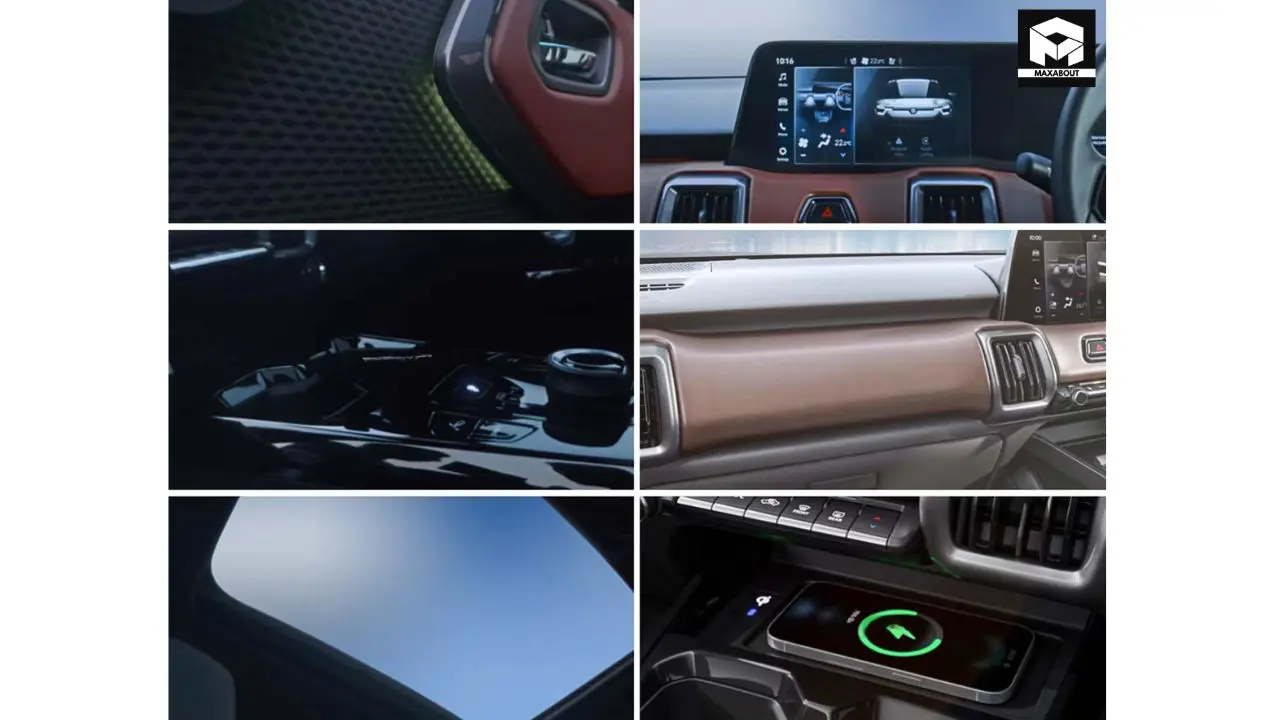
Based on current industry trends and Maruti's recent premium offerings, the eVitara might include:
- Large touchscreen infotainment system (likely 10+ inches)
- Digital instrument cluster
- Advanced driver assistance systems (ADAS)
- Over-the-air (OTA) update capability
- Connected car technology
- Vehicle-to-load (V2L) functionality for powering external devices
The technology package would need to be competitive, as electric vehicles in this segment typically offer more advanced features than their ICE counterparts at similar price points.
Pricing Strategy and Market Positioning
Pricing will be crucial for the eVitara's success in the price-sensitive Indian market. Based on current market trends and competitor pricing, we can make some educated estimates:
Expected Price Range
The eVitara is likely to be positioned as a premium offering in Maruti's lineup. Industry analysts suggest a price range of approximately:
- Entry-level variant: ₹15-18 lakhs
- Mid-range variant: ₹18-22 lakhs
- Top-end variant: ₹22-25 lakhs
These figures are speculative and based on current market conditions. By 2025, battery prices may decrease further, potentially allowing Maruti to offer more competitive pricing.
Market Positioning
The eVitara would compete with established electric SUVs like:
- Tata Nexon EV
- MG ZS EV
- Hyundai Kona Electric
- Upcoming Mahindra electric SUVs
What might set the eVitara apart is Maruti's extensive service network across India—something that has been a significant barrier to EV adoption in tier-2 and tier-3 cities. The company's nationwide presence could give it an advantage over competitors with more limited service networks.
Maruti Suzuki's Broader EV Strategy
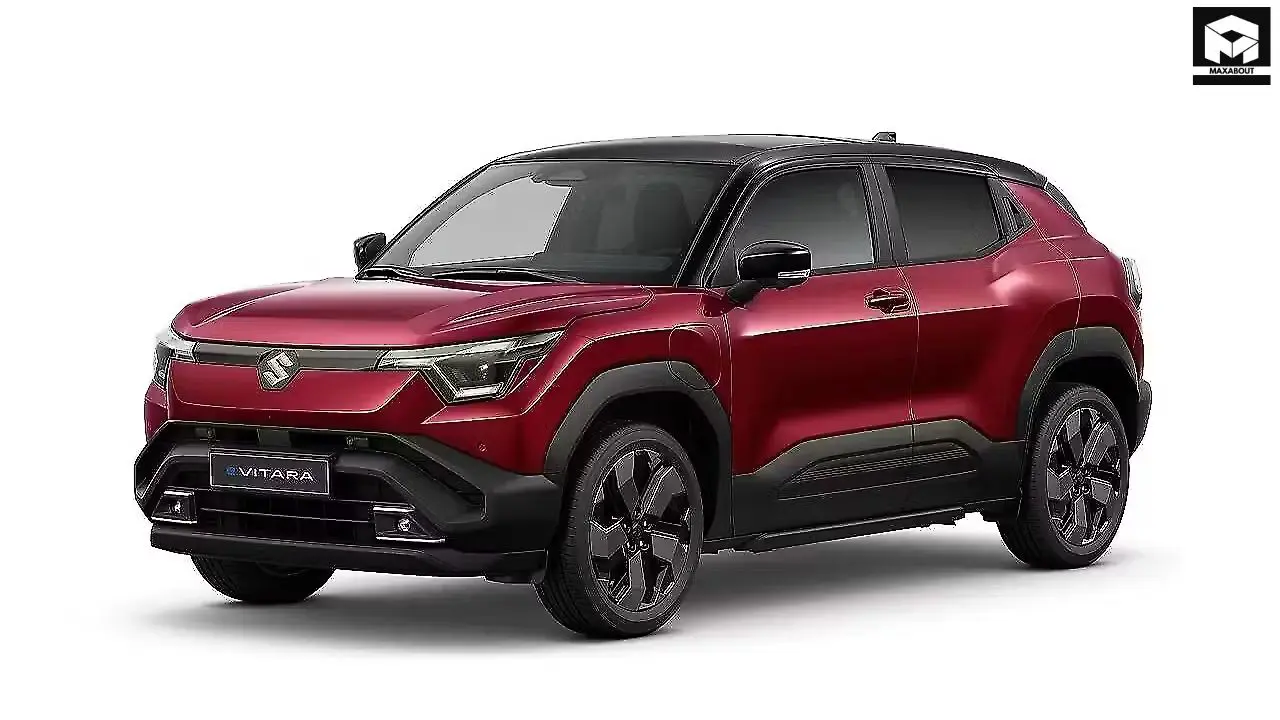
The eVitara appears to be just one part of Maruti Suzuki's larger electrification strategy. Based on public announcements from the company, we know that:
- Maruti plans to invest approximately ₹10,000 crores in electric vehicle production
- The company is developing a dedicated EV manufacturing plant in Gujarat
- Multiple electric models are expected to follow the eVitara
- A mix of mass-market and premium electric vehicles is planned
RC Bhargava, Chairman of Maruti Suzuki, has publicly stated that the company is taking a measured approach to EVs, focusing on getting the product right rather than rushing to market. This explains their later entry compared to some competitors.
Battery Production Plans
Reports indicate that Suzuki is establishing a battery manufacturing facility in Gujarat in partnership with Denso and Toshiba. This vertical integration could help control costs and ensure battery supply—critical factors for success in the EV market.
Local battery production would also align with the government's Production Linked Incentive (PLI) scheme, potentially allowing Maruti to benefit from incentives while keeping prices competitive.
Challenges and Opportunities
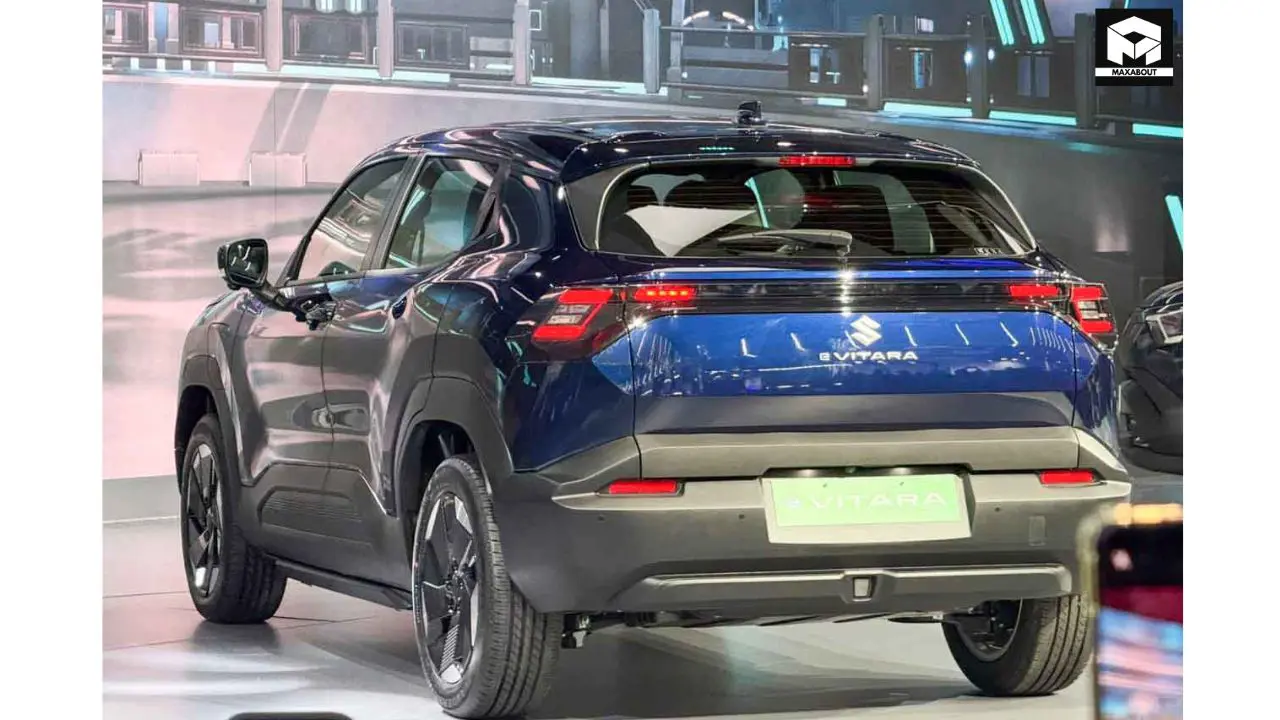
Launching the eVitara in 2025 presents both challenges and opportunities for Maruti Suzuki:
Challenges
- Late entry into a market where competitors have already established themselves
- Building consumer confidence in their EV technology
- Balancing price with profitability in a cost-sensitive market
- Training their extensive service network to handle electric vehicles
Opportunities
- Leveraging their dominant market position and trusted brand name
- Utilizing their unmatched sales and service network
- Benefiting from more mature EV component supply chains by 2025
- Learning from early market entrants' successes and failures
The timing might actually work in Maruti's favor if they can deliver a compelling product. By 2025, the charging infrastructure in India should be more developed, and consumer acceptance of EVs will likely be higher.
Frequently Asked Questions
When exactly will the Maruti Suzuki eVitara launch in India?
Based on industry reports, the eVitara is expected to launch around December 2025, though Maruti Suzuki hasn't officially confirmed this timeline yet.
What will be the battery range of the eVitara?
Reports suggest the eVitara may offer approximately 500 km of range on a single charge, though official specifications haven't been released.
Will the eVitara be manufactured in India?
Yes, according to reports, the eVitara will likely be manufactured at Maruti Suzuki's Gujarat facility, where the company is developing EV production capabilities.
How will the eVitara compare to Tata Nexon EV and MG ZS EV?
The eVitara is expected to offer more range than the current Nexon EV and compete more directly with the ZS EV in terms of size and features. However, by 2025, these competitors will also have upgraded their offerings.
Conclusion
The Maruti Suzuki eVitara represents a significant milestone in India's electric vehicle journey. With the country's largest carmaker finally entering the EV space, we can expect accelerated adoption and potentially more competitive pricing across the segment.
While December 2025 might seem distant, the wait could be worthwhile if Maruti Suzuki delivers a product that combines their traditional strengths of reliability and value with modern electric technology. Their extensive service network could also help address one of the biggest concerns potential EV buyers have—after-sales support.
As we approach 2025, we'll likely see more details emerge about the eVitara's specifications, features, and exact pricing. For now, it's clear that Maruti Suzuki is taking electric mobility seriously, and their entry could be a game-changer for India's EV landscape.
The automotive industry in India is heading toward an electric future, and with players like Maruti Suzuki joining the race, that future is looking increasingly accessible to the average Indian consumer.

